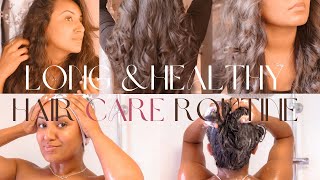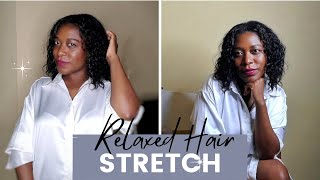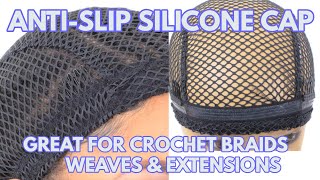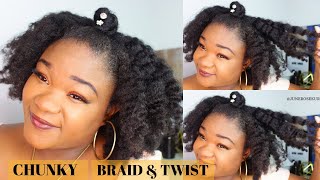Experiencing Moisture Overload? Here Are 3 Ways You Can Fix It
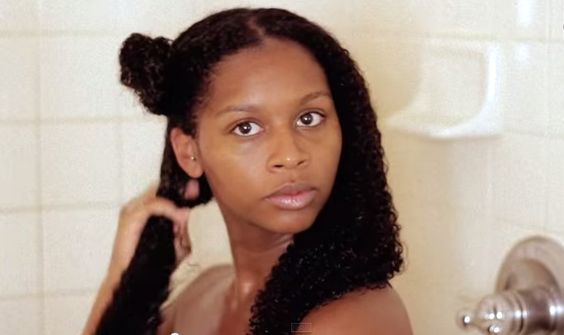
No matter if you are relaxed or natural, making sure your hair is properly moisturized is always going to be pushed and emphasized when reading haircare maintenance tips, instructions, and advice. Don’t get me wrong, moisture is very important but you can absolutely go overboard when trying to keep your hair hydrated; this occurrence is called moisture overload.
Moisture overload can be caused by too many co-washes, deep conditioning too long and too often, not getting enough protein, and constantly wetting and moisturizing your hair without breaks. All of the aforementioned practices can cause limp and fragile hair, chronic dryness, and excessive breakage and shedding.
One of the major keys to having healthy hair is maintaining a healthy balance between moisture and protein in your hair. Too much protein can make your hair brittle, dry, and prone to breakage while too much moisture will make your hair soft, fragile, and prone to shedding.
This just goes to show that too much of anything can really be detrimental to any hair goal you are trying to achieve. Luckily, there are some pretty simple steps and precautions you can take to avoid and fix moisture overload and get your hair back to a healthy state.
Ease up on the conditioning
This step is pretty straight forward—stop conditioning your hair so much! Deep conditioning* your hair overnight or co-washing too much can break down the proteins in your hair, leaving it limp and fragile. If your hair is too soft, even the slightest manipulation can cause breakage and shedding due to how unusually soft your hair is.
Instead of halting your conditioning routine completely, gradually cut back on how often you condition your hair. For example, cut down your deep conditioning* time to once a week for no more than 30 minutes—especially if you are using leave in conditioners and moisturizers often.
If you absolutely must co-wash your hair so often, make sure you are using products in moderation and balancing out all the moisture in your routine with protein products and treatments like the Aphogee 2 Step Protein treatment as well as a leave in conditioner* like ApHogee Keratin and Green Tea Restructurizer.
Balance it with Protein
Protein treatments, leave ins, and sprays are some of the best—and most popular—ways to strengthen your hair. This may sound a bit counterproductive, but you may even want to opt for protein rich conditioners during wash day. You should definitely be careful of how much protein you use on your hair because, as mentioned before, just like moisture overload is a thing, protein overload can also happen.
Since hair products are all applied topically and mostly nourish your hair from the outside, you need to add a healthy amount of protein into your diet to strengthen and nourish the hair you already have and ensure that new growth comes in healthy and strong.
Make sure you eat protein packed food like lean meats, nuts, avocados, eggs, and protein powder in addition to topical protein hair products.
Give your hair a break
The last thing you want to do when you’re experiencing moisture overload is to continue to wet and moisturize your hair constantly. At the same time, when you are trying to reverse moisture overload, you must give your hair a break and give it some time to recuperate. This is where protective styles come in; nurse your hair back to health and then put it in a protective style where you don’t need a lot of moisture to maintain it.
When my hair was going through a period of moisture overload, I only used light oils* like coconut oil* and grape seed oil because the last thing I needed was my hair weighed down.
I also stuck to buns, wash and gos, and twist outs because they were very easy to maintain while I was trying to balance the moisture in my hair with protein. Make it easy on yourself by sticking to low manipulation hairstyles and using minimum moisture for the time being.
If this sounds like a lot of work, don’t fret; Fixing and avoiding moisture overload is a lot easier than it sounds! Your hair will let you know what it needs and all you have to do is listen to it.

